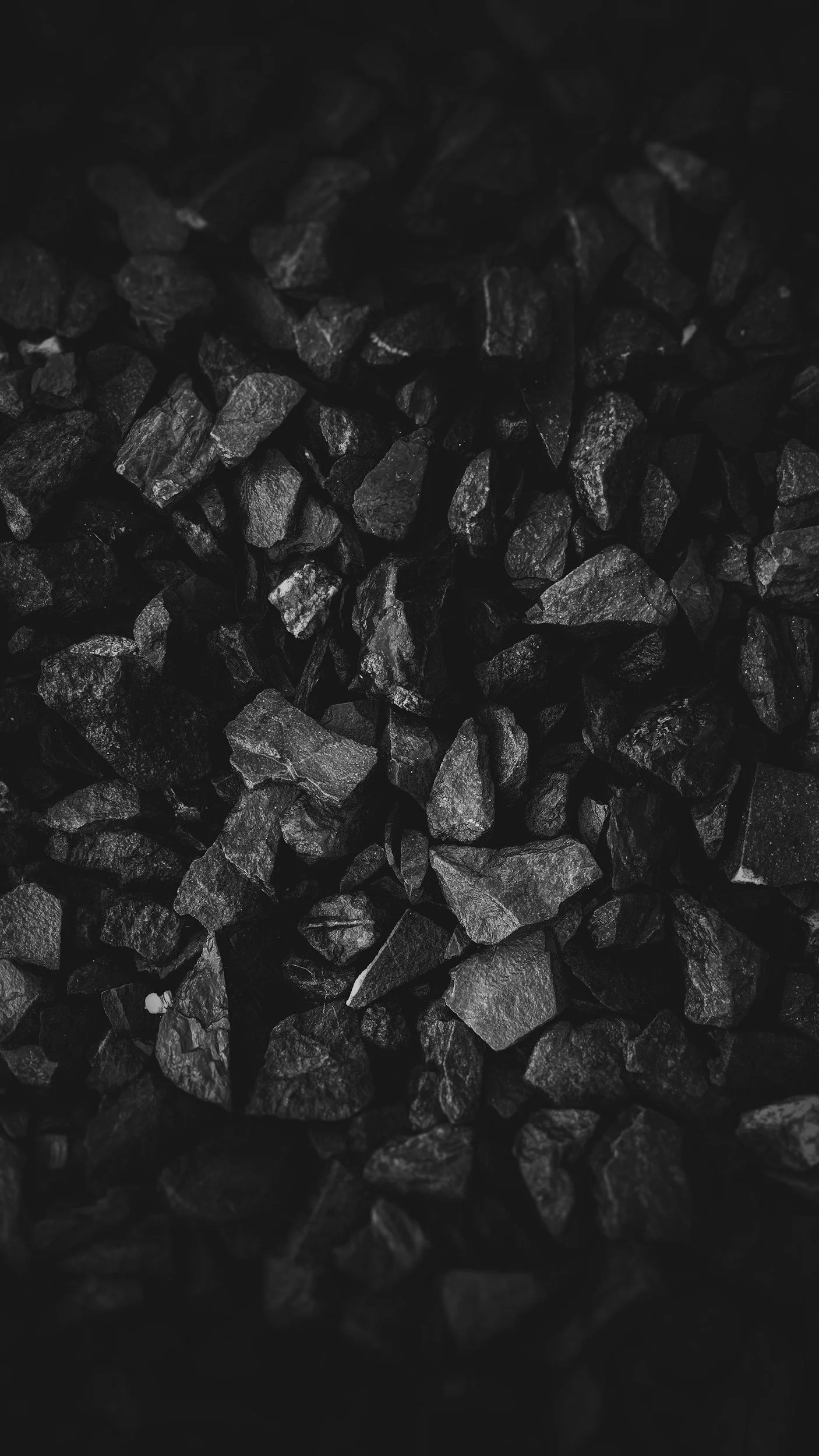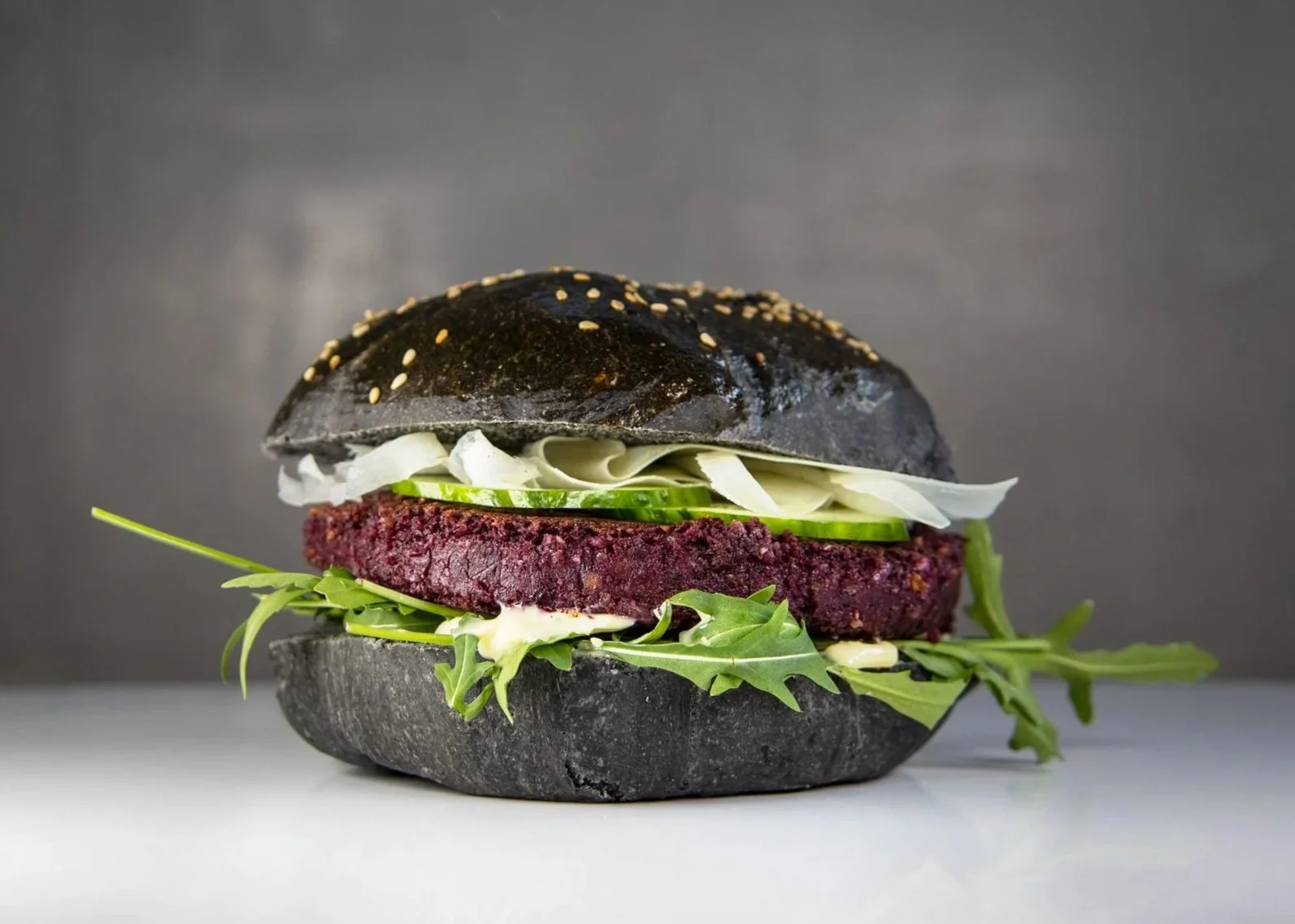Carbon Black
Intense black from charred plant materials
Vegetable carbon, also known as carbon black or E153, is made by carbonizing plant-based materials such as coconut shells or wood at very high temperatures in low-oxygen environments. This process creates a fine black powder composed primarily of elemental carbon.
After carbonization, the material is finely milled and purified to food-grade standards. It is an inert pigment—stable to heat, light, and pH—and provides a deep, matte black tone. Since it's not a pigment extracted from a plant's natural color system, it is considered a mineral-like additive and is typically used in small quantities for decorative or dramatic effects.
Technical Notes:
pH stability: Excellent across all pH ranges
Light stability: Excellent
Heat stability: Excellent
Solubility: Insoluble; dispersible in water and oil
Regulatory: Approved in the EU but with restrictions in some applications
Applications:
Beverages: Specialty drinks, black lemonades, cocktails (limited use)
Dairy & Ice Cream: Novelty ice creams, black dairy desserts
Bakery: Black buns, cookies, decorative dusting
Confectionery: Licorice, gummies, sugar coatings, chewing gum
Savoury: Gourmet sauces, seasonings, coatings for snacks
Other: Supplements, detox-positioned products





